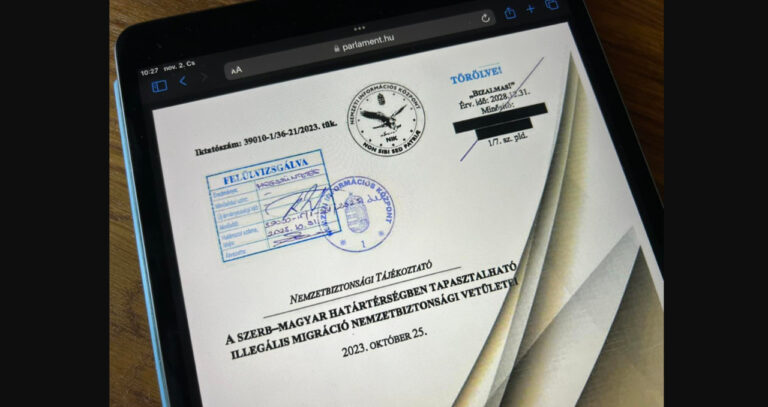migration
Minister cleared government’s stance about Hungary’s EU membership
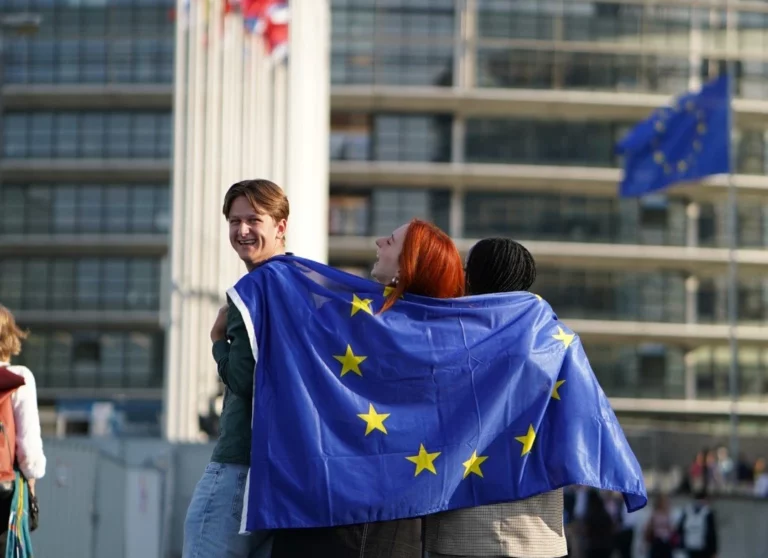
Szijjártó: Unlike EU, Morocco an ally Hungary can rely on
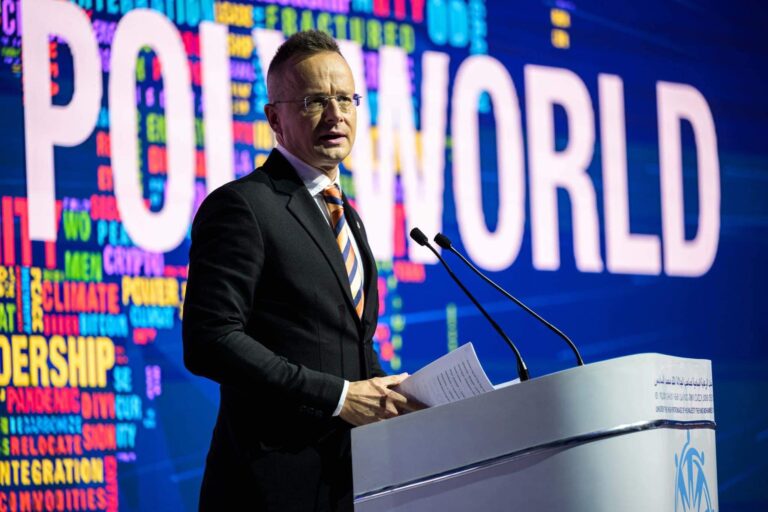
Hungarian FM: Europe, Africa should step up anti-terrorism cooperation
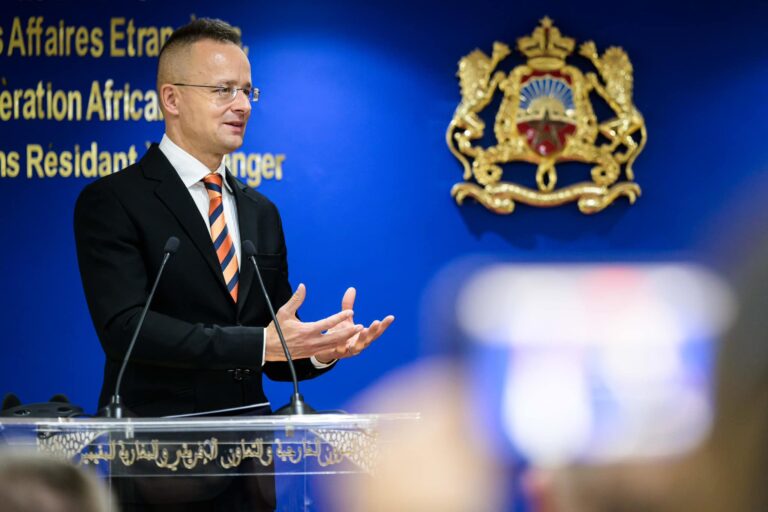
Hungarian govt submits comprehensive legislation tightening immigration rules

Hungarian government attacks EU where it hurts most
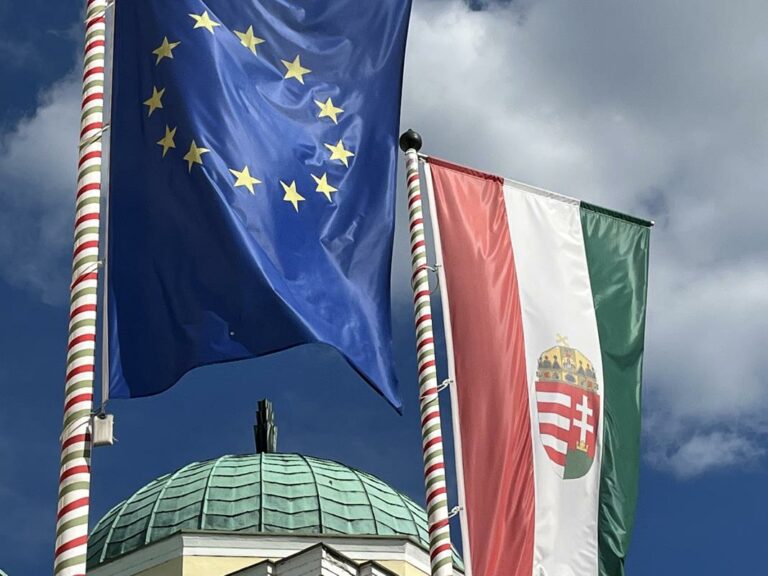
Special border gendarmerie will be introduced in Hungary?
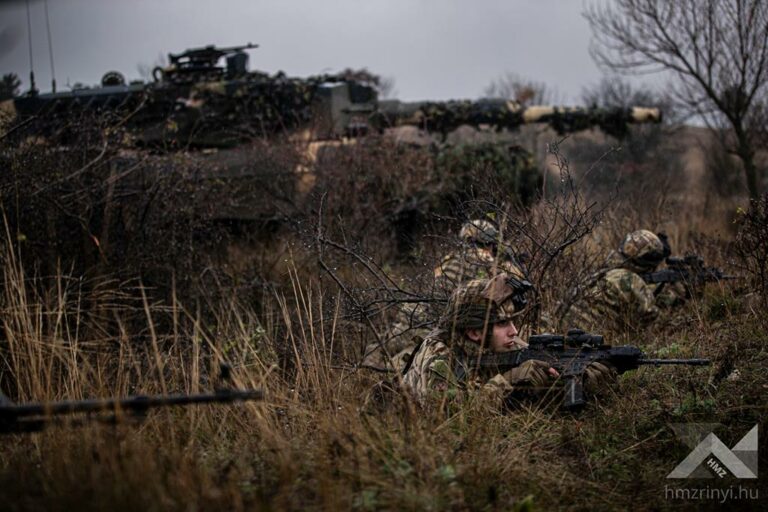
Hungarian Speaker: international financial system “is a giant pyramid scheme”
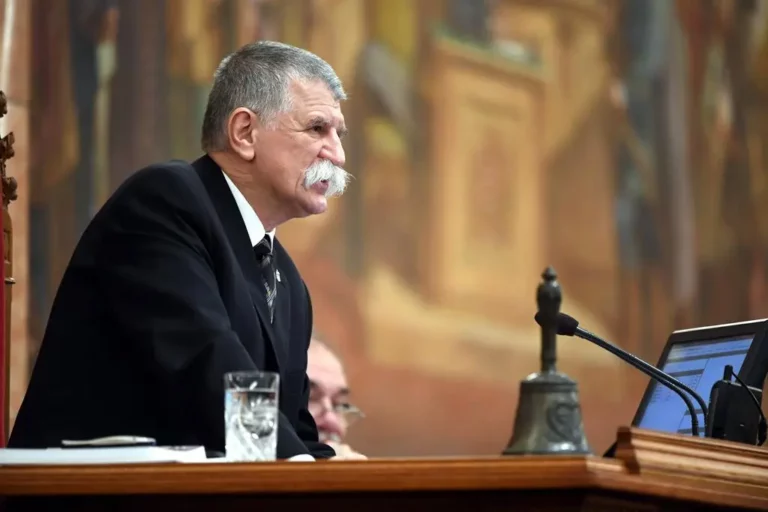
Hungarian minister outraged on NGOs
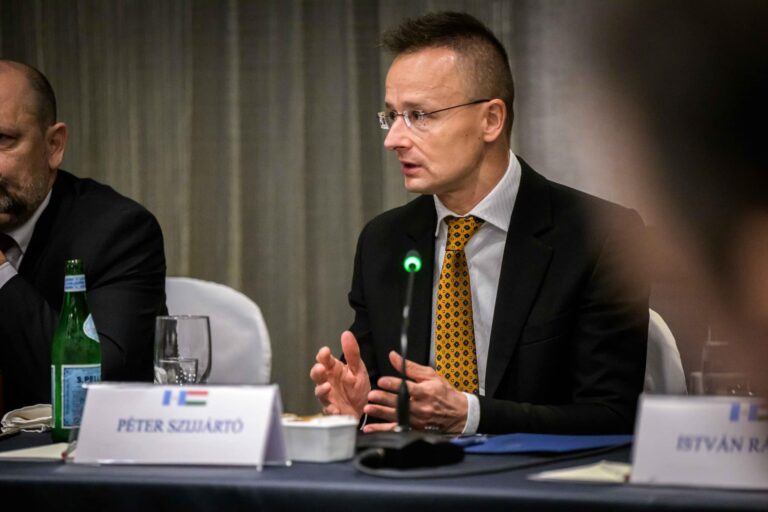
International migration research network set up in Budapest

PM Orbán: those support migration, who do not have children – UPDATED
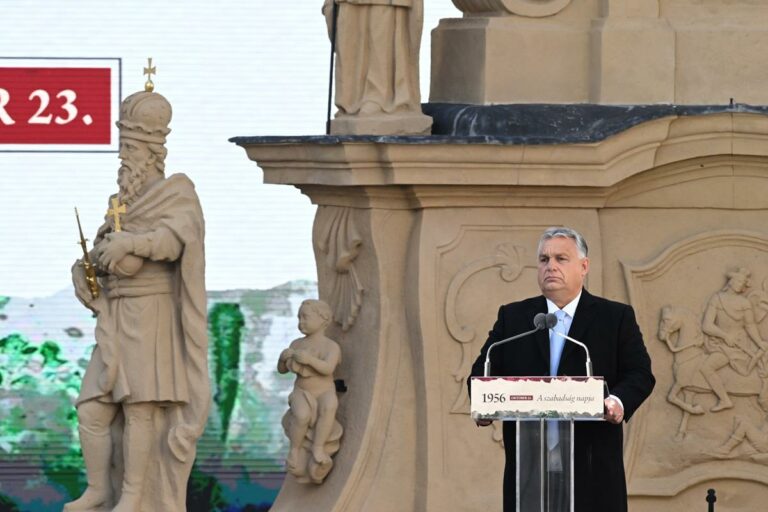
Hungarian inflation to fall to single digits in November at latest
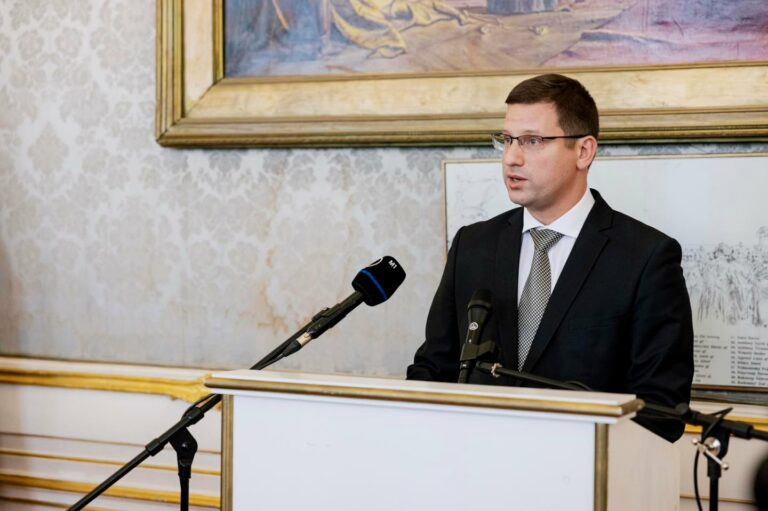
Fidesz MEP: Link between illegal migration, terrorism ‘crystal clear’
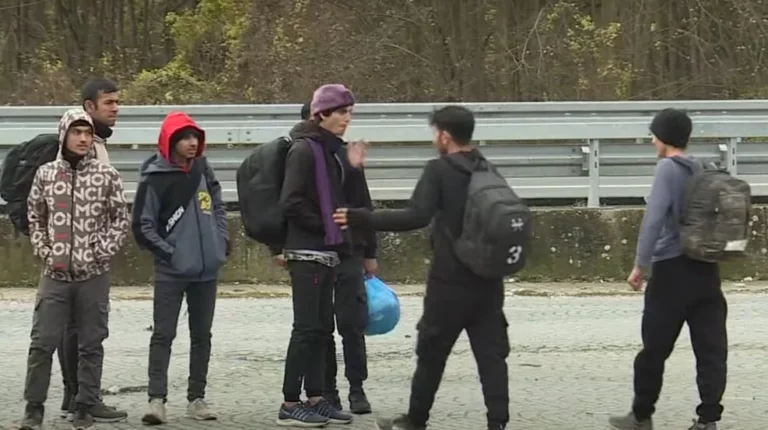
VIDEO: 25 Kurdish nationals found in Polish van in Hungary
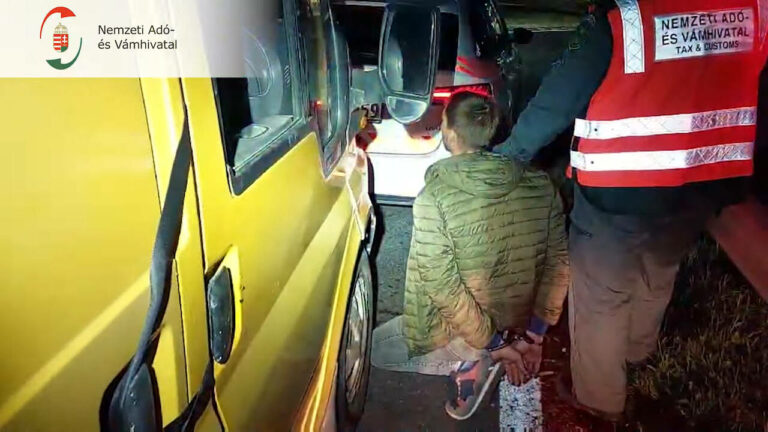
ISIS, al-Kaida, Taliban and Hamas present in these Hungarian cities and villages near the border
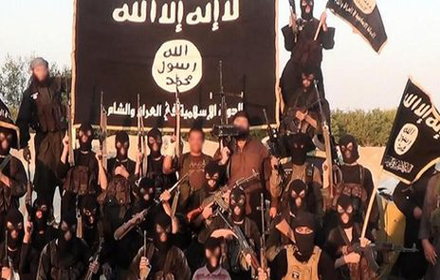
Why do German pensioners flood Hungary? – VIDEO
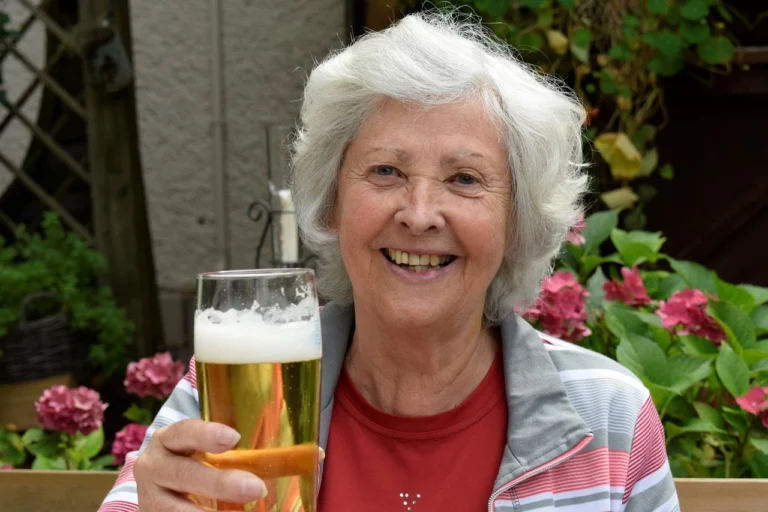
Government to ask Hungarians again about illegal migration
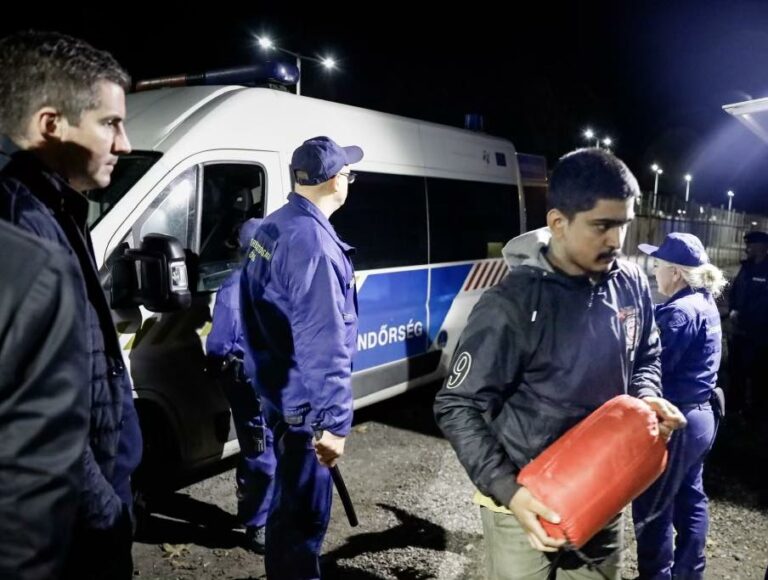
Dozens of illegal migrants found in Budapest’s Castle District
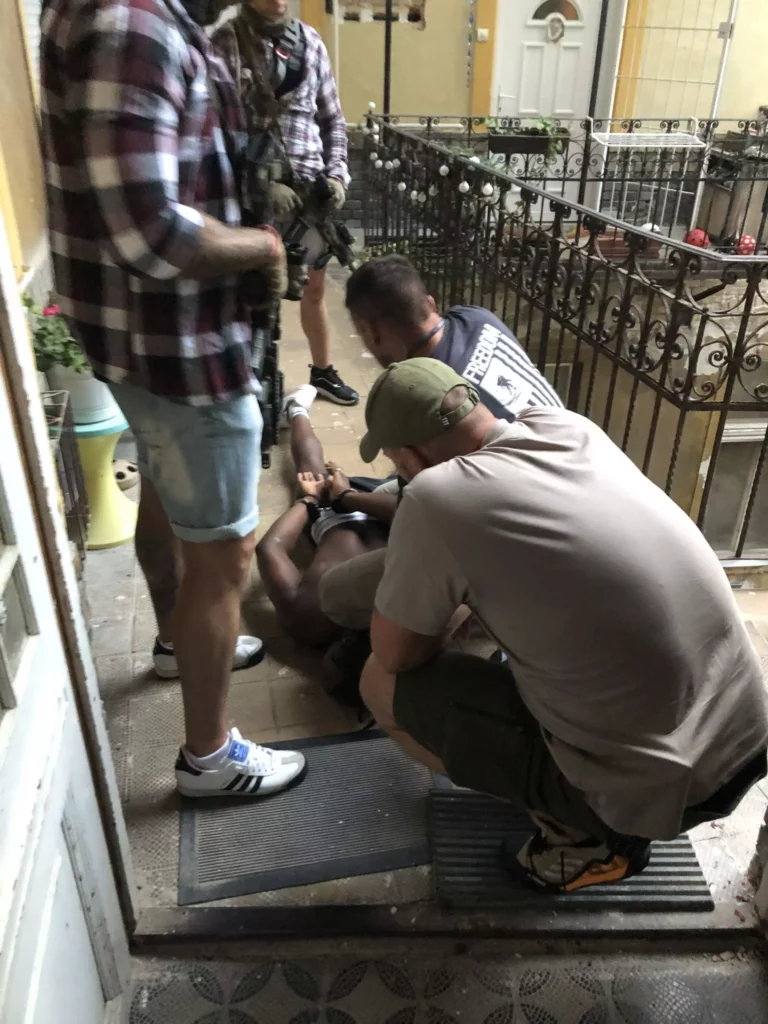
Report on migration–terrorism connection made public in Hungary
